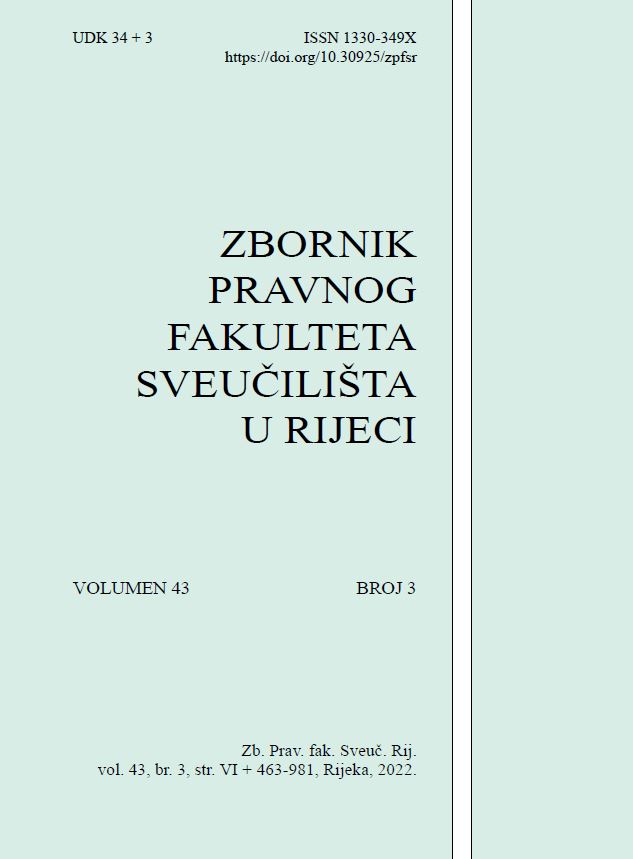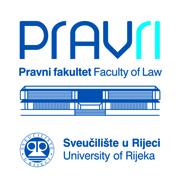CONCERNING THE DRAFT BANKRUPTCY LAW:SHOULD MERGERS BE PREVENTEDON THE “THRESHOLD OF BANKRUPTCY”
DOI:
https://doi.org/10.30925/zpfsr.43.3.19Keywords:
company; bankruptcy reason; merger; legislative change.Abstract
In modern democracies, entrepreneurial and market freedom, i.e. the market, the market economy, are considered the foundation of the economic structure, but also as a human right and a fundamental freedom that enjoys constitutional protection. Yet empirical analysis as well as doctrine confirm that there is no economic system, not even a market, which is not in one way or another, more or less regulated. They also point out that market conditions significantly affect the realization and development of entrepreneurship. Therefore, it is not a real question whether the role of the state in regulating entrepreneurship is necessary. The real question is when, where and how in the legal-economic sphere the state should direct and regulate entrepreneurial movements and development and when its direct engagement is needed. Starting from the thesis that the state cannot be completely based on the principle of laissez-faire, because the legislator must be able to correct the undesirable effects of the market economy mechanism, we ask the question - Should the merger of a company with a bankruptcy reason or if bankruptcy proceedings have been initiated be prevented? The intention is to use to point out the systemic gap that poses a risk, regardless of the existing and largely high-quality mechanisms that exist to prevent abuse.
Additional Files
Published
Versions
- 2023-12-14 (4)
- 2023-12-14 (3)
- 2023-01-13 (2)
- 2022-12-30 (1)
How to Cite
Issue
Section
License
Copyright (c) 2022 Dejan Bodul

This work is licensed under a Creative Commons Attribution-NonCommercial 4.0 International License.
Collected Papers is an open access journal. Journal does not charge article processing charges (APC) to authors. It is licensed under CC BY-NC licence 4.0.
Collected Papers of the Law Faculty of the University of Rijeka" is an Open Access journal. Users are allowed to read, download, copy, redistribute, print, search and link to material, and alter, transform, or build upon the material, or use them for any other lawful purpose as long as they attribute the source in an appropriate manner according to the CC BY licence.
The papers published in "Collected Papers of the Law Faculty of the University of Rijeka" can be deposited and self-archived in the institutional and thematic repositories providing the link to the journal's web pages and HRČAK.
Upon acceptance of the manuscript for publication by this journal, the author can publish same manuscript in other journals only with the permission of the Editorial Board (secondary publication). A repeated publication should contain a notice as to where the manuscript was originally published.



